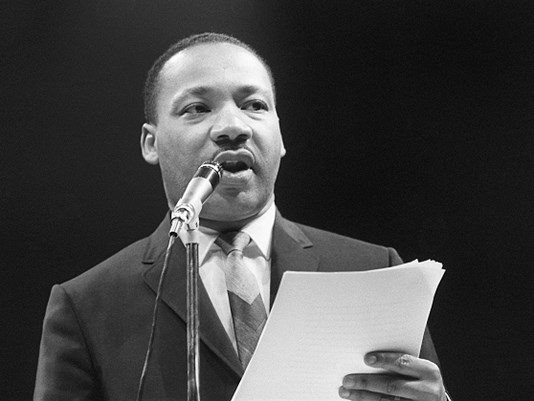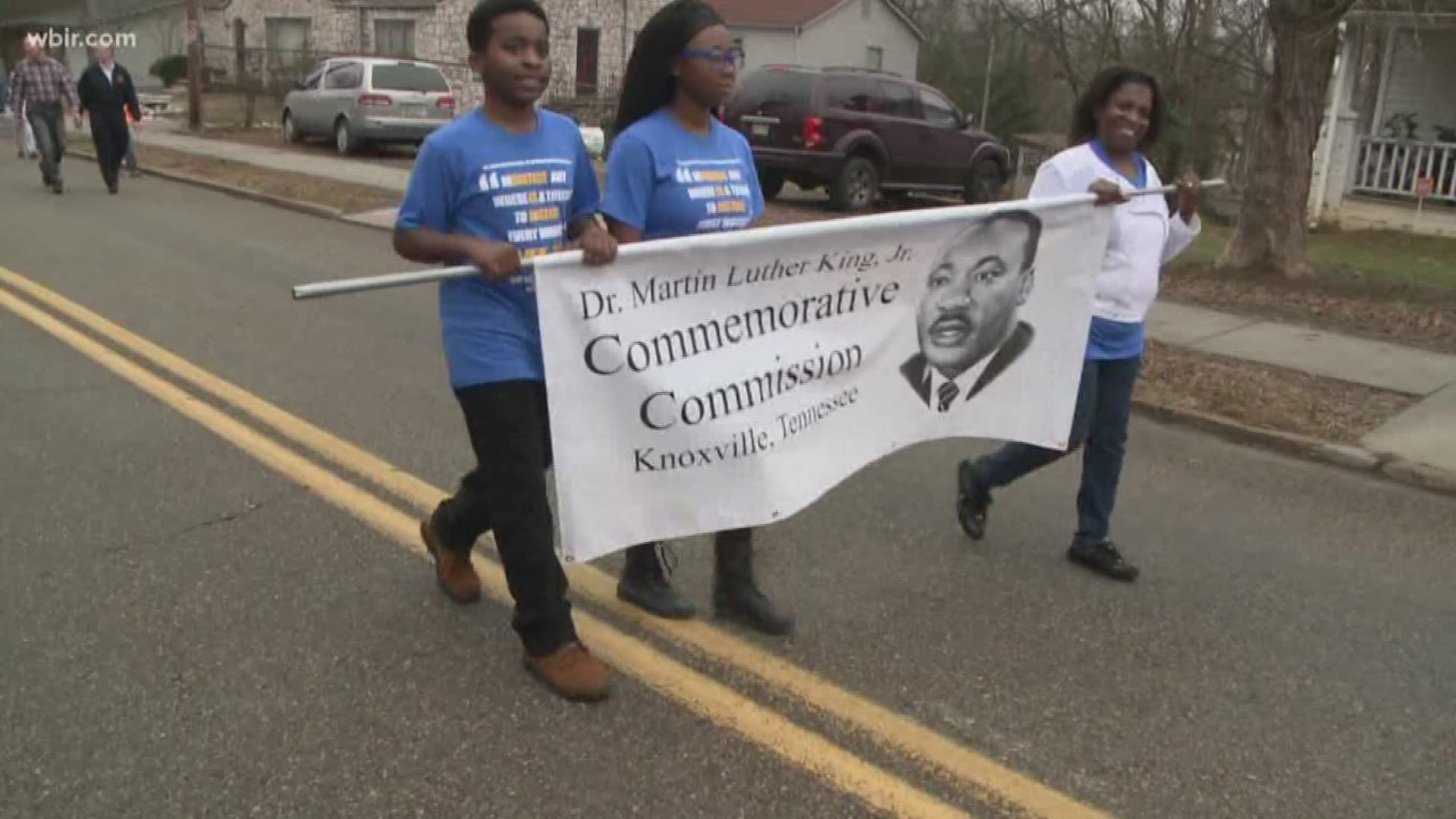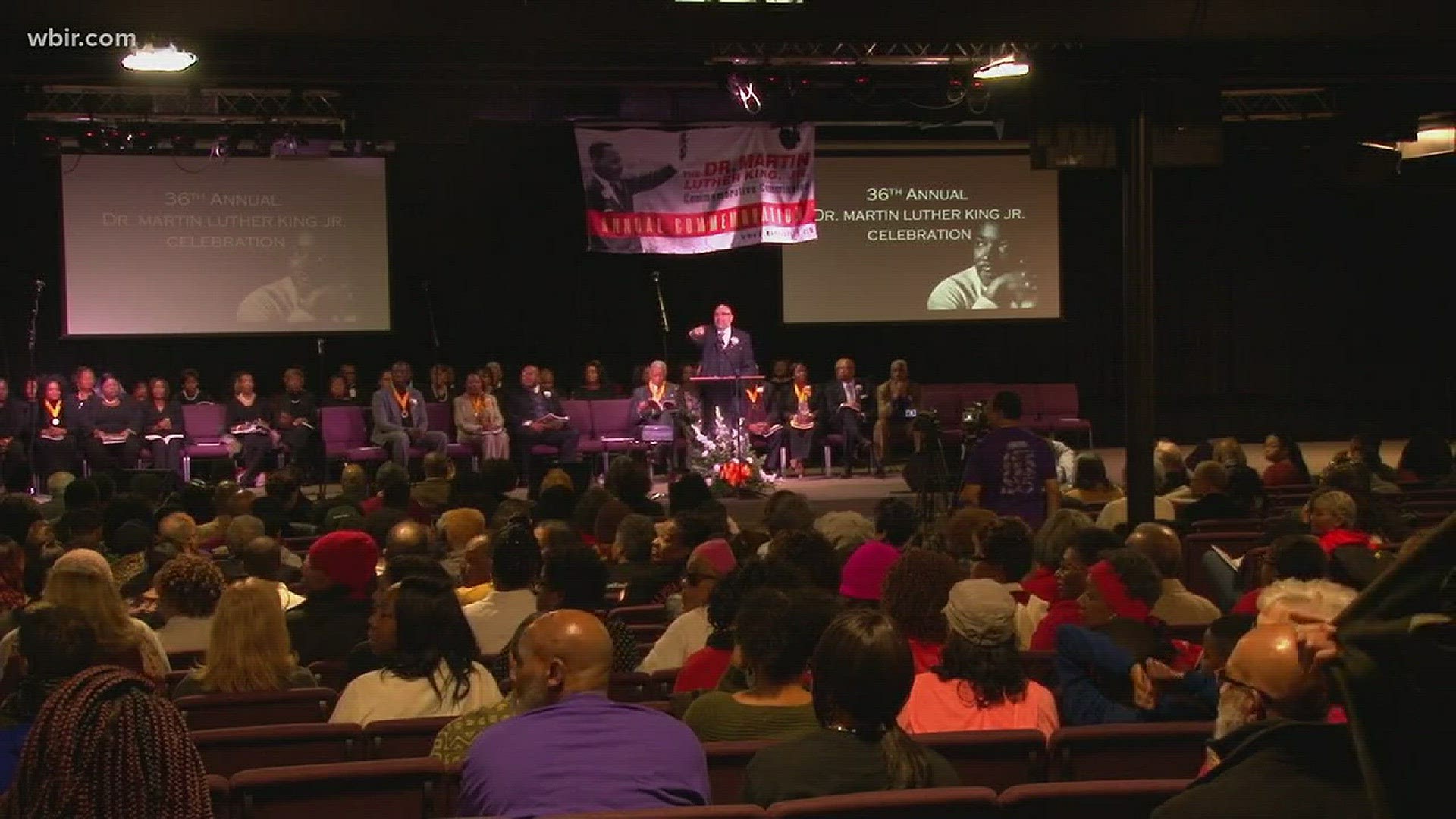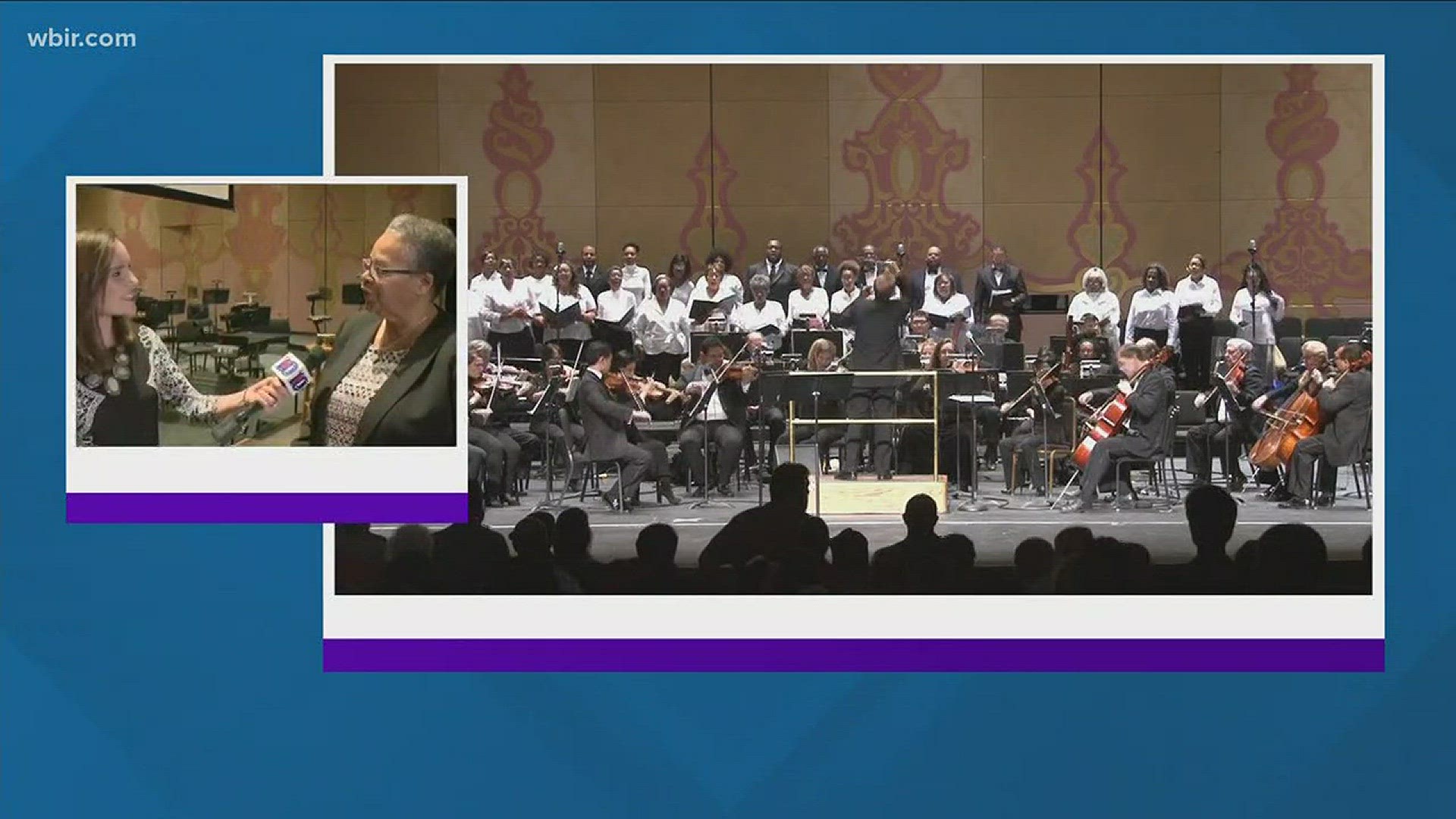Dr. Martin Luther King Jr.'s dream was to bring people from all over together to prosper, despite racial tensions.
But, 50 years after his death, are we closer to living King's dream?
"It's immeasurable, in terms of how much value he brought to America," said Theotis Robinson, the first African-American student ever admitted to the University of Tennessee.
Dr. Martin Luther King Jr. had a dream he wanted to live not just while he was sleeping, but while he was awake, too.
"He was very inspirational," Robinson said. "King lifted the burden of trying to maintain an unjust system in this country from the shoulders of white people."

Robinson helped realize that dream of breaking racial divides as he pushed for admission into a university he'd known all his life.
He got the UT Board of Trustees to change the policy saying they didn't allow "negroes," which was the accepted terminology at the time, to be admitted.
"If they didn't change the policy, I planned to sue the university," Robinson said.
It never came to a lawsuit.
Robinson was admitted in January 1961, inspired by the work of Dr. King.
"It gave a whole generation of us, it inspired us to move forward and do what we did," Robinson said.
And the country has moved forward since then—but how far has it come? Are we closer to or farther from Dr. King's dream?
"Are we further away or closer to his dream? And I thought, both," Robinson said. "We're both closer to it (and further from it)—so many things have changed in this country."
Robinson used the example of hospitals in the early 1960s in Knoxville.
Three of the four didn't take African-American patients.
"We've seen that change, we've seen so many things change," Robinson said.
But according to Robinson, he says there's more work to be done.
"But we sit at a point in our history, where this nation needs leadership, and what we have at the top of our government is a man who doesn't know how to lead but wants to rule, and there's a difference between ruling and leading," Robinson said.
Robinson said he celebrated Martin Luther King Jr. Day by listening to a few of Dr. King's colleagues who spoke at a church.
He said all Americans, not just African-Americans, should celebrate what Dr. King did.



